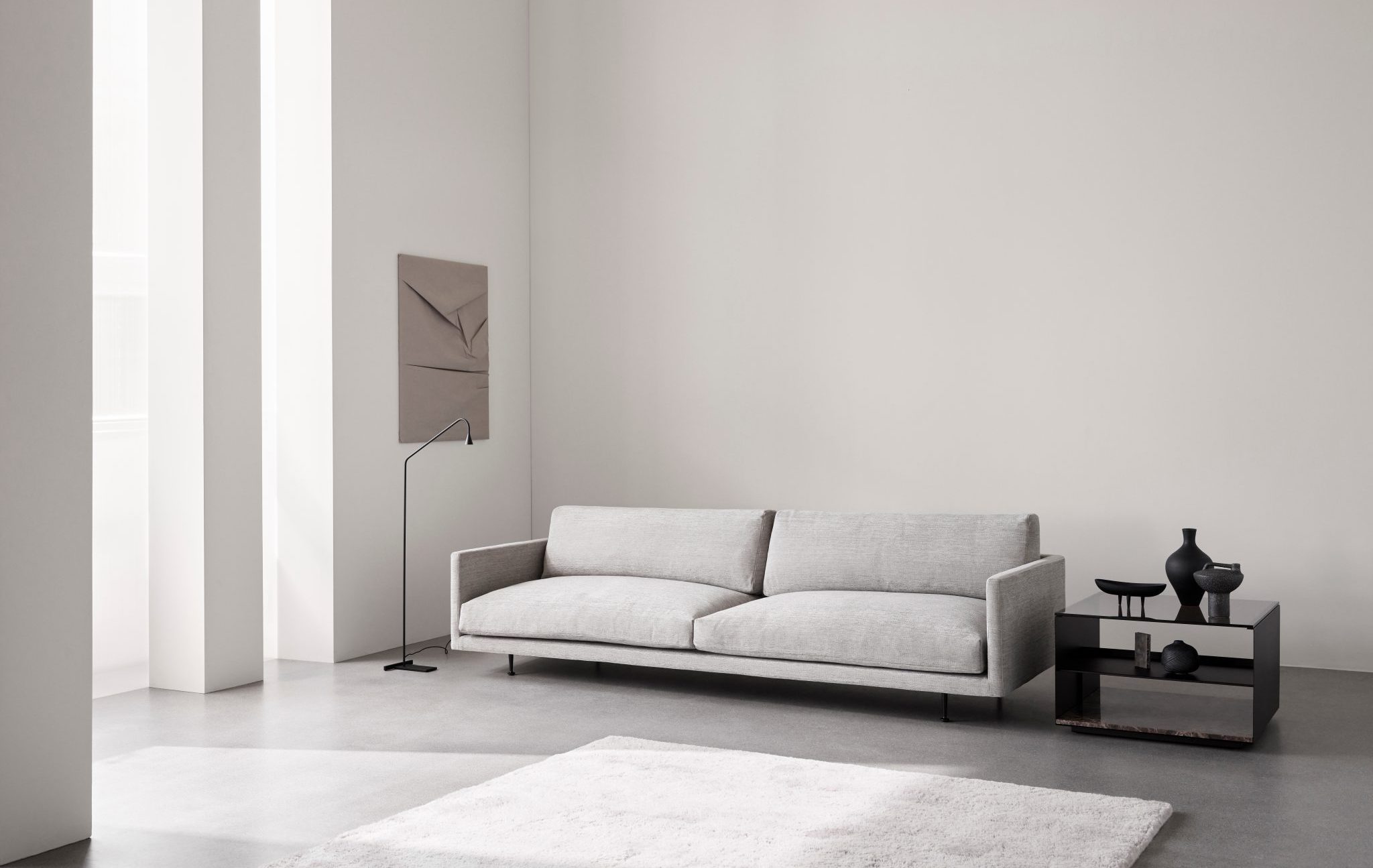Reject Minimalism

As a reaction to the consumerist culture of Western countries, a trend has emerged over the last decade: minimalism. Minimalists correctly understand the accumulation of more “stuff” does not make for a good life. The narrative of consumerism that is told in every commercial or billboard is “if you buy this product, you will be happier!” Minimalists rightly reject this; they recognize that they do not need more junk made in China.
Though admirable in its drive to overcome the excesses of consumerism, minimalism is an overcorrection that leads man away from the material world in which he lives. The lie of consumerism has been countered with a different lie: that physical things are a distraction from what really matters in life. The material world, in other words, points human beings away from that higher world that ultimately matters, the world of feeling and of spirit.
But perhaps we have the set the cart before the horse. What is minimalism? The online bloggers “The Minimalists” define minimalism as “a tool to rid yourself of life’s excess in favor of focusing on what’s important—so you can find happiness, fulfillment, and freedom.”And when we look at its promoters, we see that minimalism appears to be the province of upper-middle class moderns, urban professionals.
Historically, both the working-class poor and the aristocratic rich have understood that minimalism is a lie. The poor have always recognized the importance of the material world; perhaps it is easier to understand its importance when one does not have warm clothes to wear or nutritious food to eat. My grandparents were quite poor as they lived through the Great Depression. Later in life, despite their relative affluence, they could not throw things away. I remember going through an old shed after my grandfather’s death and finding stacks of those plastic containers modern grocery store food comes in—you never know when you might need those to store your yet-to-be-straightened old nails.
The rich (that is, the “old-money” rich, not the newly minted millionaires of today) have always recognized the value of surrounding themselves with beautiful things. Spending lavishly for beautiful homes, high quality wine, and tasteful clothes has always been the privilege of the wealthy. The rich understand that truly beautiful art and excellently made things are not part of “life’s excesses” but in fact contribute to “happiness, fulfillment, and freedom.” Modern life in a city apartment with three shirts, a $1200 iPhone, and a cat cannot compare with the high culture produced by wealthy, aristocratic societies throughout history.
Minimalists rightly recognize that modern consumerism is a problem, and that most of the products bought in American stores today are worthless objects that neither serve a real human need nor bring beauty into someone’s life. These products were made cheaply in order to better line the pockets of those who run massive corporations. Filling our homes with piles of more stuff that will break soon after it is bought is neither needed nor beautiful. But in modern consumer society you can also find beautiful books and priceless family heirlooms being sold at estate sales while their would-be inheritors live in sterile, mostly empty rooms, scrolling through Netflix.
The minimalist aim of simply getting rid of things for the sake of freedom is problematic. Those deceived by the lie of minimalism must realize that human life involves interaction with and ownership of real things. Tables. Chairs. Dresses. Hats. Books. Radios. Tools. Owning these things might restrict one’s freedom (it’s hard to move with a house full of things!), but such things help bring meaning to one’s life and encourage rootedness. The poor farmer who tills the soil year after year is rooted in a particular place; does that make him less free? Perhaps he is freer to live a fully human, flourishing life. The rich aristocrat of a former time who inherited his father’s estate—was he less free than the international businessman who could transfer his wealth to anywhere in the world?
Perhaps “happiness, fulfillment, and freedom” are found in a measure of limitedness. Instead of a non-worldly minimalism, we ought to live a sort of material maximalism. Instead of renting music through Spotify, buy a record player and records. Better yet, buy and learn to play an instrument. When you have the option of inheriting an old jacket from your recently passed grandfather, do it. It will keep you warm and remind you of your heritage. If you have the means, instead of paying rent for a place your children will have no claim to when you die, buy dirt and build a house. You will be less mobile, less able to “up and move.” That is the point.
Material maximalism is not something new. Rather, it is an affirmation that this world and the lives we have been given are good things. Rather than minimalism, rootedness in the material things of this world is the way to true freedom.
Christian Winter is a Ph.D. student in Politics at Hillsdale College interested in the intersection of faith, politics, philosophy, and culture. Though he now lives in Michigan, he grew up in the Last Frontier—the great state of Alaska.
Comments